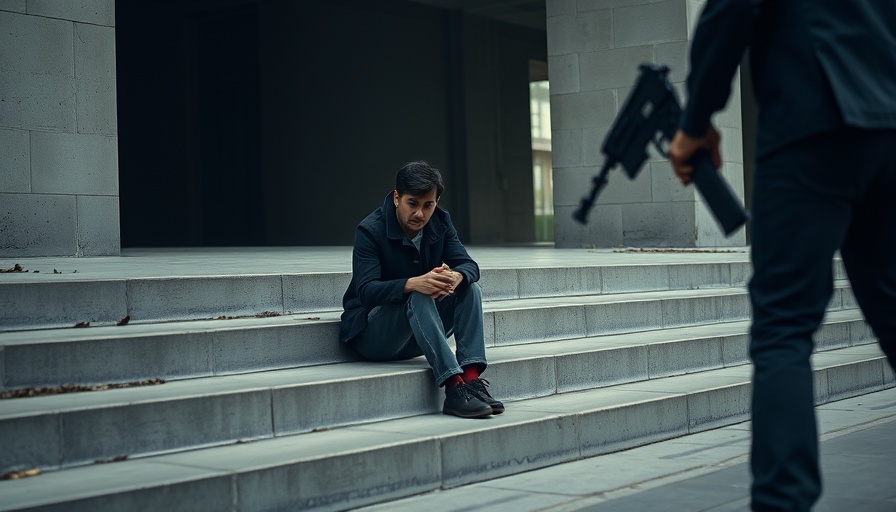
The Druze Massacre: A Shocking Act of Ethnic Cleansing
The recent massacre of the Druze community in southern Syria represents a harrowing chapter in the ongoing violence engulfing the nation. Eyewitnesses describe brutal killings, a systematic effort to erase an ethnic group from the Syrian landscape. The chilling narratives of survivors highlight not just a clash of communities but a calculated attempt to wipe out the Druze entirely in a bid for ethnic purity. One harrowing account shared requires us to confront a grim reality: victims were targeted based solely on their identity, leading to a tragedy that unfolds before our very eyes.
Historical Context: Understanding the Druze Community
The Druze, an ethno-religious group with roots in the Levant, have faced significant discrimination and violence throughout their history, both in Syria and elsewhere in the Middle East. Central to their beliefs is a unique religious doctrine that blends elements from various faiths including Islam, Christianity, and Gnosticism. A history marked by persecution has cultivated a resilient community, yet recent years have seen an alarming resurgence of violence aimed at them. This context is vital to understanding why the recent massacre is not just an isolated incident but a reflection of deeper societal tensions and animosities.
The Human Cost: Faces Behind the Statistics
Behind the numbers associated with such massacres lie real people with stories and families. Reports indicate that among those slaughtered were not only men but also women and children, driven by unfathomable vengeance and hatred. Each individual victim echoes the suffering of those left behind, amplifying the tragic reality that the ramifications of such violence extend far beyond the immediate loss. Survivors speak of the horror and chaos they experienced; recent interviews reveal psychological scars that will last a lifetime.
International Reactions: A Silent Outcry?
In the face of such dire humanitarian crises, the global community’s response often comes under scrutiny. There have been calls for justice and condemnation from various human rights organizations, pleading with world leaders to intervene and prevent further atrocities. However, the question looms—will these voices translate into meaningful action? While social media has amplified awareness, actual policy changes remain elusive, creating a sense of helplessness among those affected.
Future Insights: What Lies Ahead for the Druze?
As communities around the world strive for greater inclusivity and respect for human rights, the situation facing minorities like the Druze becomes increasingly precarious. Looking forward, experts warn of growing sectarian violence further destabilizing Syria, with ethnic cleansing potentially becoming a norm if left unchallenged. Without intervention, there is a prevailing fear that this could lead to a wider regional crisis affecting neighboring states, stressing the imperative for global diplomatic efforts.
Empowering Change: Your Role in the Dialogue
Understanding and discussing issues such as the Druze massacre is crucial for fostering empathy and connecting with those who suffer injustices. Awareness can lead to action, whether it’s engaging in conversations, supporting humanitarian efforts, or advocating for policy changes to aid vulnerable communities. It is the responsibility of individuals and communities to raise their voices against violence and contribute to a more peaceful future.
As we bear witness to this tragedy, let us not regard it as a distant matter, but rather, understand its implications for our society. Remember, the conversations we spark today can lead to a better tomorrow. Speak up, educate yourself and others about the struggles faced by marginalized groups like the Druze, and let's build a future where everyone can thrive without fear of persecution.
 Add Row
Add Row  Add
Add 




Write A Comment